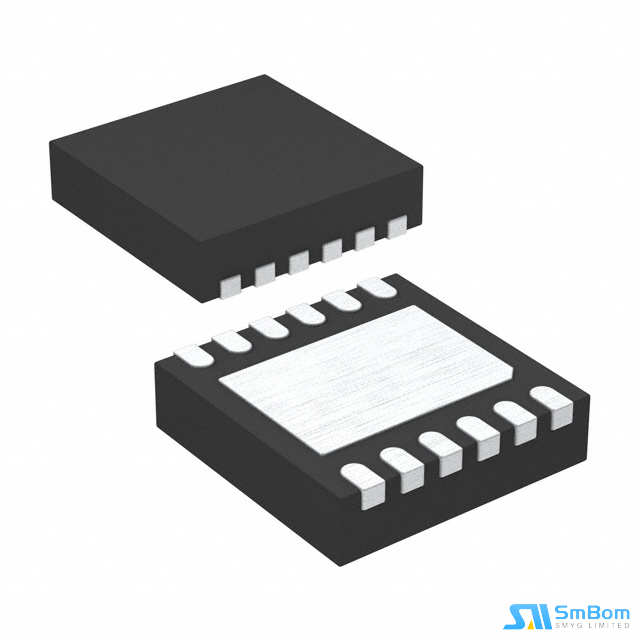| Picture | Model/Brand/Encapsulation/Describe | RoHS | Price | Quantity | operate |
|---|---|---|---|---|---|
 | 2500 + : $ 3.105 | Total: $7762.500000 | |||
 | 2500 + : $ 3.1125 | Total: $7781.250000 | |||
 | 2500 + : $ 3.1875 | Total: $7968.750000 | |||
 | 200 + : $ 2.366725 | Total: $473.345000 | |||
 | 2500 + : $ 2.4375 | Total: $6093.750000 | |||
 | 2500 + : $ 2.4825 | Total: $6206.250000 | |||
 | 2500 + : $ 2.445 | Total: $6112.500000 | |||
 | 2500 + : $ 2.445 | Total: $6112.500000 | |||
 | 2500 + : $ 2.445 | Total: $6112.500000 | |||
 | 2500 + : $ 2.3625 | Total: $5906.250000 |
1
2
3
4
5
50




